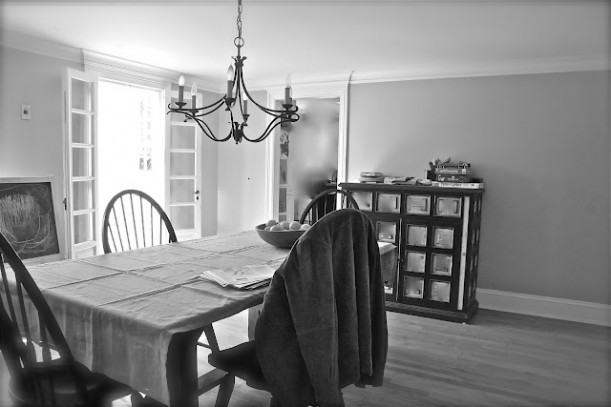

Gary Younge is an author, broadcaster and editor-at-large for The Guardian, based in London. Next, please take a trip around the UK, Gary Younge, and write about it. Younge is a fine journalist―thoroughgoing, clear-minded, and meticulous, and he writes in a measured, lucid prose. Originally published in England, No Place Like Home is “more than a piece of travel writing,” praised the London Evening Standard, “ a compelling exploration of racial identity and the problems of growing up clever, black, and angry in small-town Stevenage. His probing examination of the Southland gives fresh perspective on race relations in America. It was a refreshing whiff of “home.”Īwakened to his own identity as a black in a predominantly white society and absorbed by a sense of southern myth and racial history, he produced this account, a blend of travel writing, historical research, wit, and social commentary. As he assessed their political rise in the South, he noted too how African American tradition seemed static and unchanged.

To local blacks he looked like a brother, while sounding intriguingly foreign. In Dixie, however, he met African Americans whose racial distinctiveness was similar to his own. Though a Briton by birth and the child of emigrants from Barbados, he felt culturally alien in his native land. He felt culturally tied to this strange yet familiar place.

He was British, journalistically curious, and black.Īs he traveled by Greyhound bus through the former Confederate states, he experienced an awakening. His road trip was a remarkable socio-cultural adventure for an outsider. In 1997 Gary Younge explored the American South by retracing the route of the original Freedom Riders of the 1960s.


 0 kommentar(er)
0 kommentar(er)
